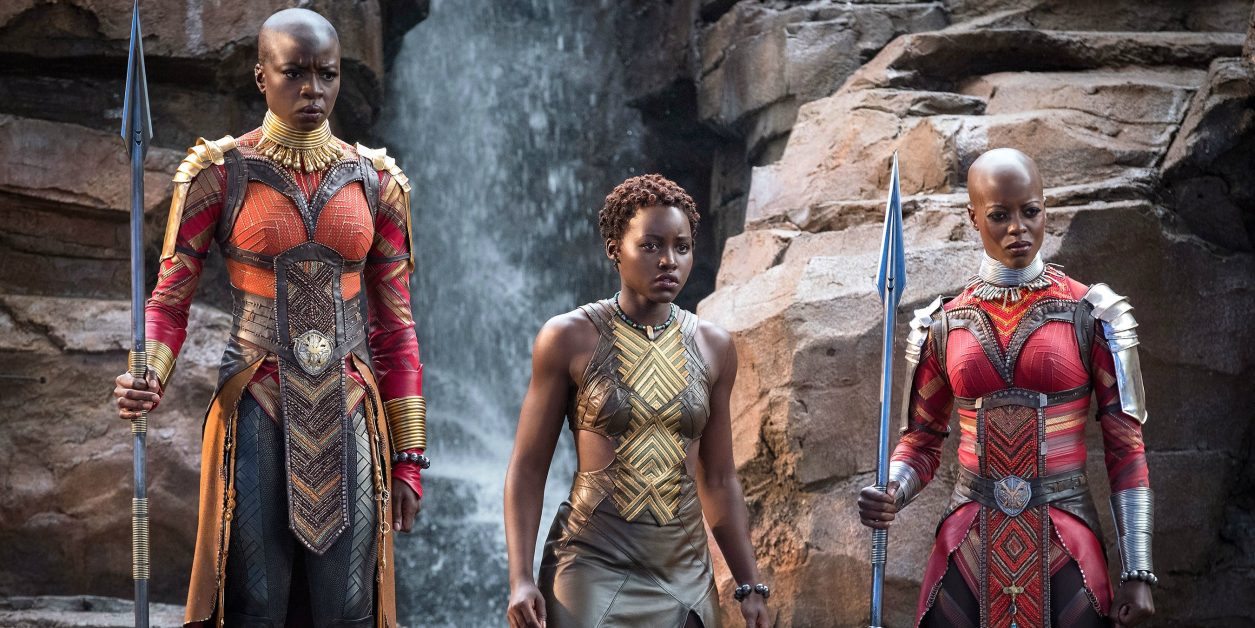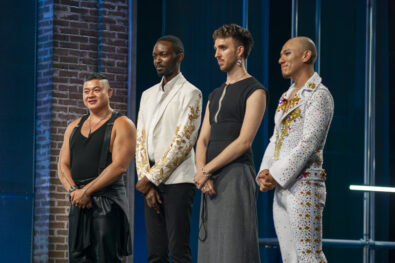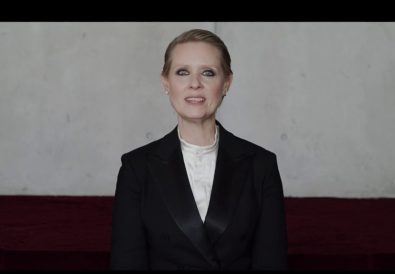Warning: Beware of spoilers!
Doctor Strange came out four days before the U.S. election in 2016. Normally, I would see every superhero movie in the theatre, but after Americans chose an anti-female, anti-minority leader, an American blockbuster about yet another white man who has arbitrarily been granted superpowers seemed to me as much a part of the problem as anything.
It took me a couple of months before I went, and when I did it was wonderful, and I didn’t even mind that the traditionally Tibetan Ancient One was now Tilda Swinton, because who doesn’t love Tilda Swinton? But I couldn’t help but think, while watching Black Panther, set in the fictional African kingdom of Wakanda, how much Marvel missed an opportunity with Doctor Strange to draw inspiration from Asian culture.
Black Panther shows how diversity by its very nature generates fresh storytelling. I have seen all 18 Marvel movies, 10 X-Men movies, and five DC Extended Universe movies. They get repetitive! Black Panther is its own beast.
The movie begins with our hero T’Challa (Chadwick Boseman) arriving home to be crowned king of Wakanda, a kingdom deeply steeped in African tradition with a capital city that emerges as a kind of secret African version of Dubai wielding a Tokyo futurism. In a very superhero-like origin, Wakanda was once struck by a meteor and is now rich in vibranium, a super-strong element perfect for building super-powered weapons. Rather than get swindled by the world’s superpowers, the Wakandans have cloaked their technologically-rich city behind an illusory shield and let the rest of the world believe they’re a simple, neutral third-world country.
Soon, trouble brews in London, where Erik “Killmonger” Stevens (Creed’s Michael B. Jordan) has his own motives for stealing a vibranium axe from a museum — and a justification that raises some pointedly valid questions. “How do you think your ancestors got these?” he asks a museum curator. “Do you think they bought them, or stole them like they got everything else?” After the robbery he officially has an axe to grind against T’Challa.
Much of Black Panther plays as an epic family saga, with the powerful women in the royal family stealing scene after scene, if not arguably the whole picture. Oscar-winner Lupita Nyong’o plays Wakandan spy Nakia; Angela Bassett brings her queenly stature to the role of the Queen Mother, Ramonda; and The Walking Dead’s Danai Gurira plays Okoye, the bald, tattooed head of the King’s all-female troupe of personal bodyguards. Spoiler alert: One of the film’s most powerful moments spotlights female power and agency in all its glory as Okoye chooses her country, family and most of all, herself, over falling into W’Kabi’s (Daniel Kaluuya) arms after he professes he still loves her during an epic battle sequence.
T’Challa’s 16-year-old sister and resident scientific genius Shuri (the hilarious Letitia Wright, previously seen in the “Black Museum” episode of Black Mirror) equips him with his Black Panther uniform, a skin-tight catsuit which can absorb the kinetic energy from attacks and use it to fuel its power. Wright is a standout, and arguably got the biggest laugh in the screening I attended with a line you’d never hear in, say, Ant-Man. Surprised by a white FBI Agent (played by Martin Freeman), she says, “Don’t scare me like that, colonizer!”
It should be noted, too, that said agent is one of only a few white people in the entire film — (along with motion-capture actor Andy Serkis as Ulysses Klaue) — and he serves no more than a small supporting role, which is as it should be. His role, though, serves the purpose of shining a light on how often black actors are relegated to these roles in most movies (always the background player, almost never the lead). And this is a film about Black Excellence, after all. The incredible cast of Black Panther, which also includes black actors Sterling K. Brown, Forest Whitaker and the recently Oscar-nominated Daniel Kaluuya, more than rises to the top here.
While director Ryan Coogler deserves credit for Black Panther’s creative vision, it also helps that it’s arriving at a moment when audiences are suffering from franchise fatigue. Last year, movie adaptations of tired ideas such as Baywatch, Transformers, Alien, and The Mummy bombed while Coco, Get Out and Wonder Woman turned their fresh ideas into blockbuster smashes. Ironically, Marvel should be sputtering out formulaic superhero snores by now too, and yet Black Panther is the freshest blockbuster since…Thor: Ragnarok, the last movie Marvel put out. And, dare we say, even better?
Black Panther also serves some pointed racial politics. Jordan’s Killmonger grew up in ’90s Oakland, where the racial inequities nurtured in him the seeds of revolution. It’s an admirable nod to social context in a genre that doesn’t deem it a requirement.
And it couldn’t arrive at a better time. The news cycle may be filled with depressingly repetitive messages, but Black Panther proves that cinematic responses are more groundbreaking than ever, as it spotlights and celebrates our similarities as opposed to our differences. And if the responses we heard from the crowd after the film were any indication, this is an absolutely groundbreaking moment for representation of black culture.












